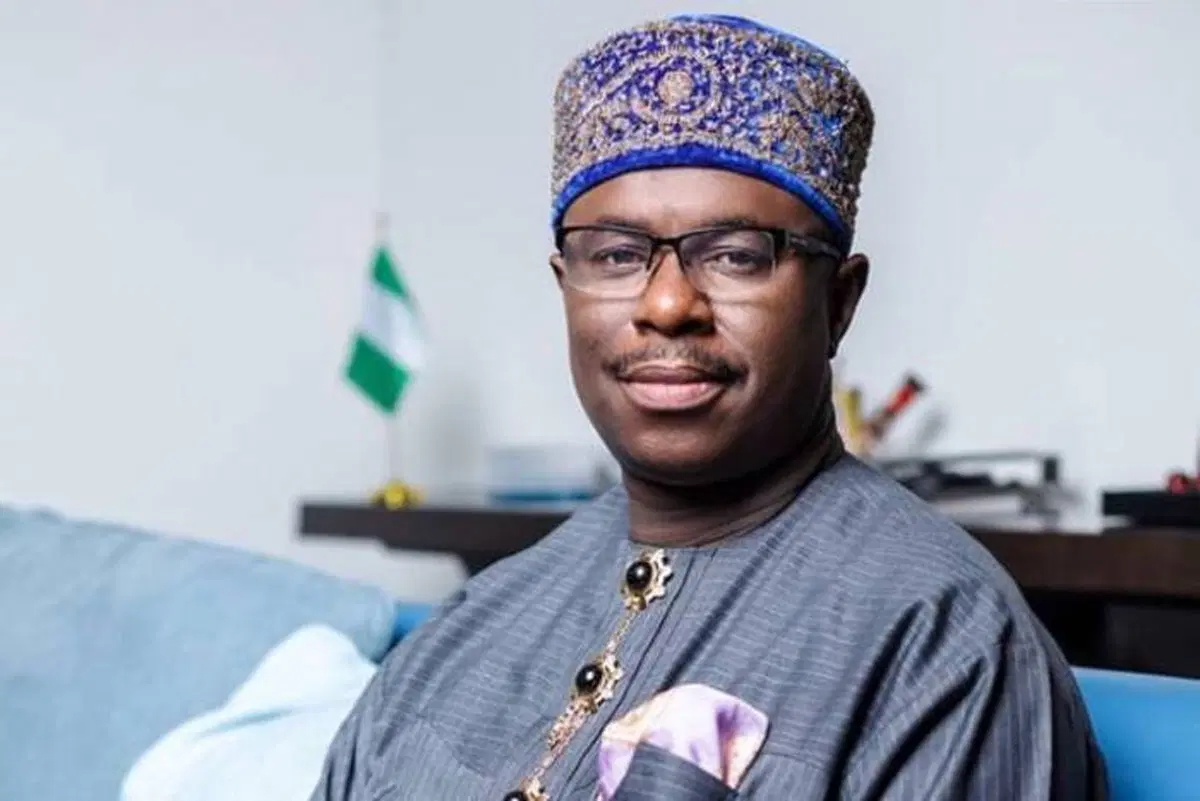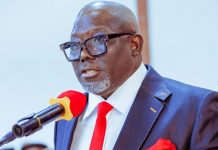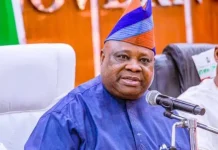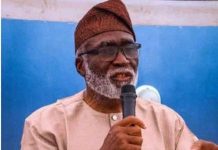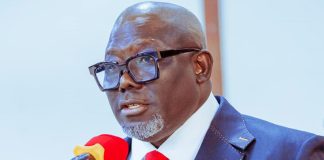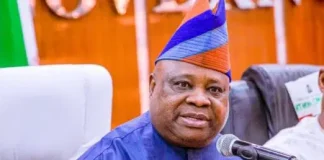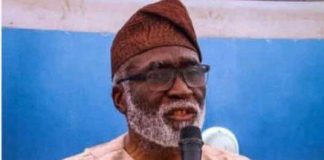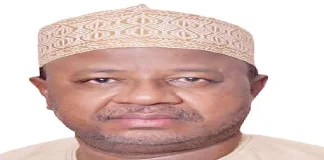🌿 Ruzu Non-Alcoholic Herbal Bitters
Ruzu Non-Alcoholic Herbal Bitters is a natural health supplement specially formulated to:
- ✅ Promote general wellness
- ✅ Detoxify the body
- ✅ Support the treatment of various ailments
Made from a powerful blend of 100% organic and medicinal herbs, Ruzu is completely alcohol-free, making it ideal for:
- 👪 All age groups
- 🌱 Health-conscious individuals
- 🌿 Anyone seeking non-alcoholic herbal remedies
Whether you're looking to boost your vitality, cleanse your system, or support healing the natural way, Ruzu Bitters offers a trusted herbal solution.
The Nigerian Maritime Administration and Safety Agency’s (NIMASA) former director-general, Dakuku Peterside, believes that resuming oil drilling in Ogoni land, Rivers state, is “premature.”
Siminalayi Fubara, the governor of Rivers, Nyesom Wike, the minister of the federal capital territory (FCT), and a group of Ogoni elders met with President Bola Tinubu on January 21.
A coalition of civil society organizations (CSOs) called for the conference after they asked that $1 trillion be set aside for compensation and Niger Delta cleanup before oil activities begin.
The discussions had to do with the federal government’s intentions to start oil drilling in Ogoni territory again. Recognizing the Ogoni people’s historical struggles, Tinubu emphasized the need for growth and healing.
However, Peterside stated on Wednesday that it is not a good idea to resume oil extraction in Ogoni until controversial problems are settled in an appearance on Channels Television’s Politics Today show.
It is extremely concerning that the Niger Delta population is not given equal benefits from oil exploration, as the previous DG of NIMASA noted.
It will be premature to resume oil drilling in Ogoni area, if I may be honest with you. Further consultations, trust-building, and a sincere commitment to environmental stewardship are what I believe—and I believe that is the part the administration has also chosen,” he said.
The difficulty has always been that oil drilling in the Niger Delta, not only in Ogoni land, is opaque.
And it raises serious concerns that the Niger Delta’s residents are unfairly excluded from the rewards of oil exploration.
We will not make any headway until we address that in an open way.
In southern Nigeria’s Niger Delta, the Ogoni people are an ethnic group that mainly resides in Rivers state.
Due to oil development, the Niger Delta region—and the Ogoni in particular—has experienced significant environmental degradation over time.
The Ogoni have a long history of advocating against the harm that oil exploration—especially by international corporations—does to the environment.
Global attention was brought to the environmental degradation of Ogoni territory in the early 1990s by the Movement for the Survival of the Ogoni People (MOSOP), which was led by the late activist Ken Saro-Wiwa.
Conflicts with the Nigerian government and massive protests followed.
The establishment of an institution in Ogoni land is not equivalent to addressing environmental injustice.
Peterside discussed the construction of a university in Ogoni Land and stated that it is not the same as resolving the environmental injustice that the people have experienced.
In order to redress the injustices that the people of that region endure, he continued, it is imperative that the Ogoni bill of rights be reviewed.
Tinubu enacted legislation creating the Federal University of Environmental Technology in Ogoni on February 3.
In order to address environmental justice and provide educational possibilities in the Niger Delta, the president stated the act was a start in the right direction.
He referred to the Federal University of Environmental Technology as a “significant milestone” in Nigeria’s endeavors to promote national growth and environmental sustainability.
In acknowledging the Ogoni people’s historical hardships, he said the university reinforces the dedication of his government to the area.
Peterside Dakuku, Nigerian Maritime Safety and Administration

